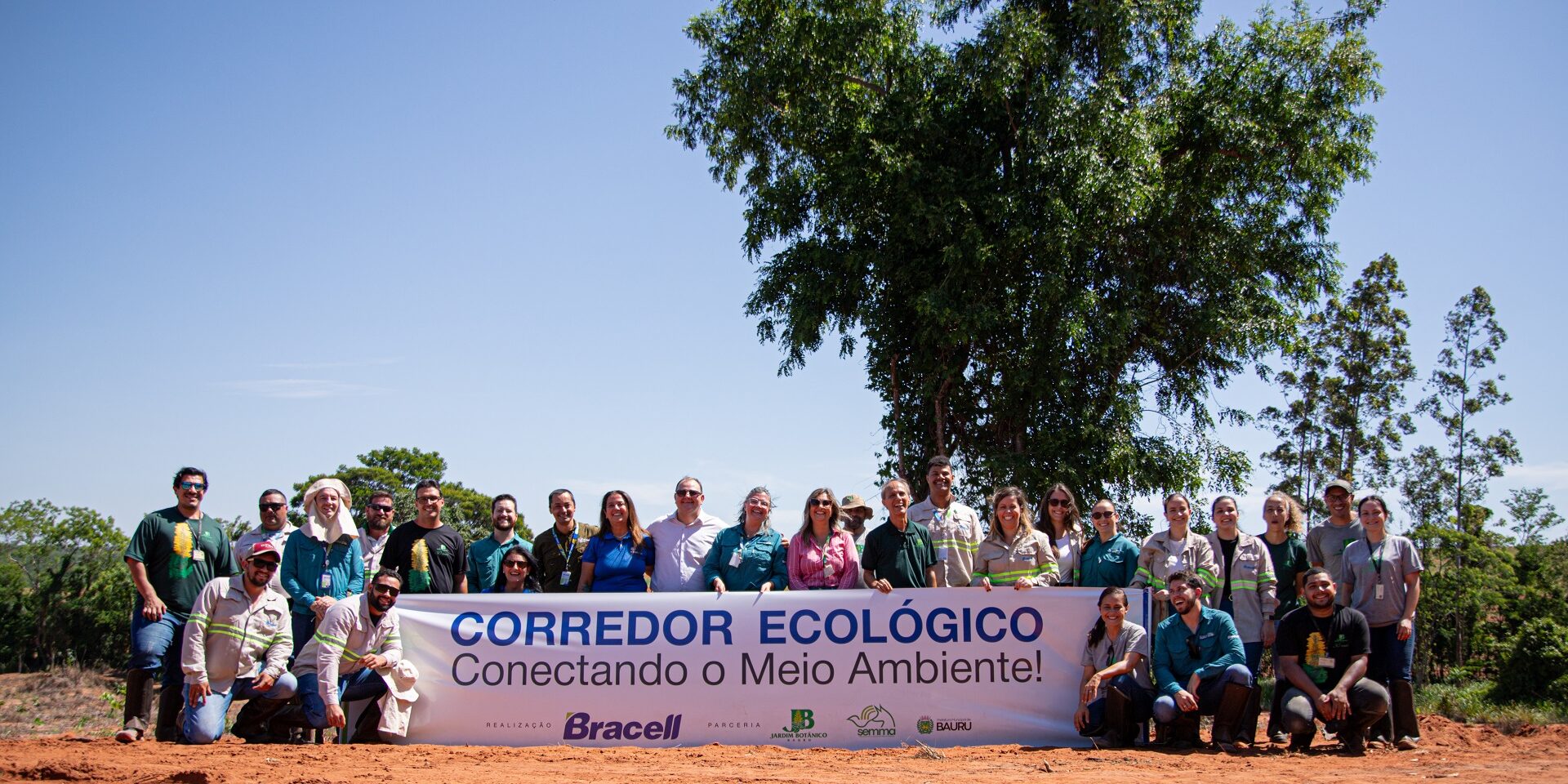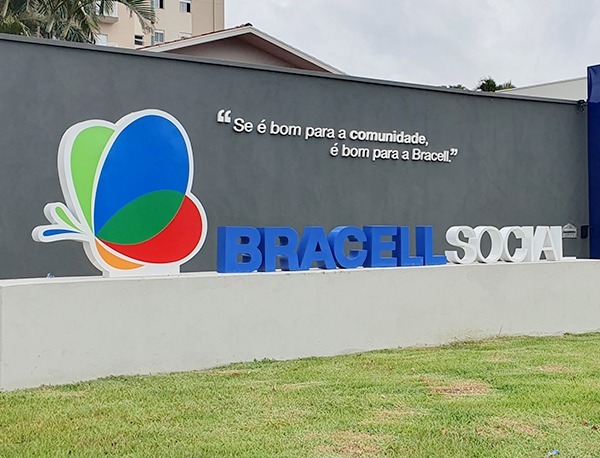Action connects native vegetation fragments in São Paulo’s countryside, reinforcing the company’s commitment to sustainability
Bracell has taken another step toward environmental preservation by planting 8,000 native trees on a 4.5-hectare area near Bauru in the interior of São Paulo. This initiative has created an ecological corridor, linking fragments of native vegetation and promoting species movement, a critical factor for ecological balance and biodiversity conservation.
The project, carried out in partnership with the Bauru Botanical Garden, integrates areas of native vegetation with sustainably planted forests, reaffirming the company’s commitment to regenerative practices and the protection of environmental services. “The establishment of ecological corridors is essential for biodiversity conservation, as it facilitates species dispersal and ecosystem recovery. This initiative reinforces our commitment to sustainable forest management, connecting productive areas and native vegetation,” said Gilberto Moraes, senior manager of forest planning and control at Bracell.
This action aligns directly with Bracell 2030, the company’s sustainability plan, which includes a set of goals and initiatives focused on nature regeneration, biodiversity promotion, and carbon neutrality. One of the key initiatives within this agenda is the One-for-One Commitment, where Bracell pledges to conserve one hectare of native vegetation for every hectare of eucalyptus planted. This innovative approach balances sustainable production with environmental preservation, cementing the company’s leadership in responsible forestry practices.
To achieve these goals more broadly and effectively, the company also relies on strategic partnerships that enhance biodiversity conservation. For instance, in collaboration with the Botanical Garden, Bracell has conducted fire prevention training, donated wildlife monitoring equipment, and offered specialized courses for seed collection. These actions underscore the company’s vision of joining forces with local communities and institutions to create positive impacts on society and the environment.
“Partnerships between public and private institutions are fundamental to amplifying the impact of environmental initiatives. Projects like this showcase the potential for collaboration in delivering long-term environmental benefits,” said Gislaine Magrini, Bauru’s secretary of environment.



